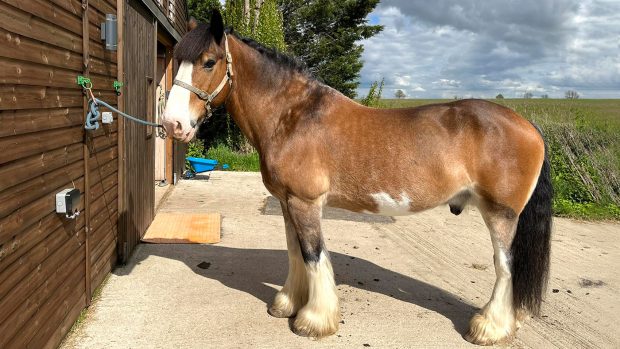In my last blog I talked about some of the frustrations I had faced when buying ponies over the years. It was possibly a bit of an unbalanced view. I have had some very good experiences too. And of course there is just as much of an art to being the perfect buyer as the perfect seller…
1. The trawl
When you start to look, be very clear what you are looking for. Height, age, experience, location. And especially budget. Only make the phone call if you genuinely think the pony is a serious contender, and try to stick to the point. For the seller, phone calls can absorb hours of their time. They have to go over the same ground again and again. Potential buyers get distracted and tell you their life history. It can be frustrating if after half an hour on the phone they go on to say “actually your pony sounds lovely but he is over budget” or “he’s perfect but just too far away”, both of which could be established in the first 30 seconds, if not pre-phone call. I once took about 14 phone calls over two evenings for one pony. I got through several packs of Strepsils. Also, ask your questions politely. One lady who rang me conducted the conversation in such a distrustful, accusatory tone it felt like a police interview. “You do not have to say anything, but anything you do say may be used in evidence… etc”
2. Booking the viewing
It’s inexcusable really to make an appointment to see a pony then simply fail to show up, but it happens quite often. It’s perfectly reasonable to change your mind, or have something crop up to prevent you going, but it’s common courtesy to let the seller know. I would far rather get a phone call to cancel, however late in the day, than be left hanging. I would also far rather get a phone call to cancel than to have people turn up and take up my time when they have no intention of buying, or can’t really afford the pony but are nurturing some vague hope that you will like them so much that you will slash your price to make sure your precious pony ends up in their “perfect” home (let’s face it, everybody thinks theirs is the perfect home!). Cancelling well beforehand is particularly important if you are going to see a grey. Sellers of greys exist in a permanent haze of soap suds and stain remover spray, and if you can save them just one frantic washing session, it’s a kindness.
3. The trial
Trials can be traumatic affairs. I always feel for my daughters when they have to get on a strange pony with an audience of strangers leaning over the paddock rails, silently judging. All I can say is, be realistic about your child’s capability. I much prefer a buyer to watch the pony being ridden and say: “Sorry, I think the pony is too much for my child” rather than press on regardless and place that child on board. It’s unlikely to end well. A clearly capable child once came to try quite a forward going pony we were selling. Despite the fact she could obviously ride quite nicely, she sat on the pony looking white as a sheet, frozen with nerves. Finally her mother confided that just the week before they had been to see a pony that had bolted half a dozen times round the arena before dumping the child unceremoniously on the ground. Understandably, she was traumatised. Really, that child needed at least several weeks back on her old familiar pony recovering her nerves before she looked at anything else.
Continued below…
Like this? You might also enjoy reading these:
Pony Mad Mum’s blog: horse shopping — it’s a jungle out there
4. The follow up
The most useful thing a buyer can do at this point is be honest. If the pony is definitely not for you, say so and walk away. If you want time to think, set a deadline when you will call back and stick to it. If you need a second trial, that’s perfectly reasonable, but if the seller has a queue of interested people you have to accept the risk it may be sold first. And yes, make an offer below the asking price, but not an insulting one.
In short, be the buyer you would want to sell to, and the seller you would want to buy from, and you won’t go far wrong.
JG



